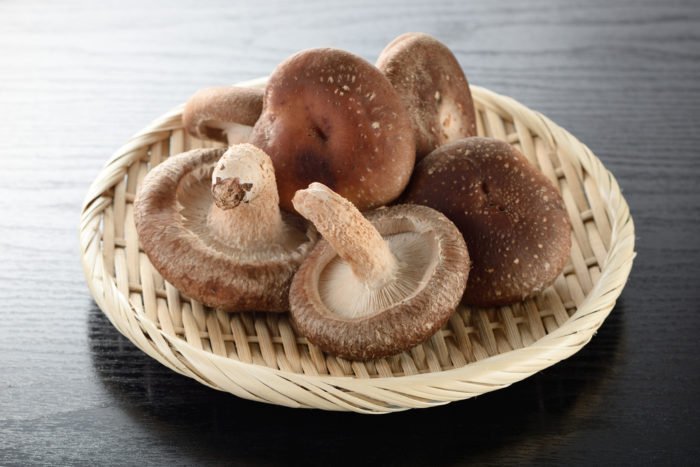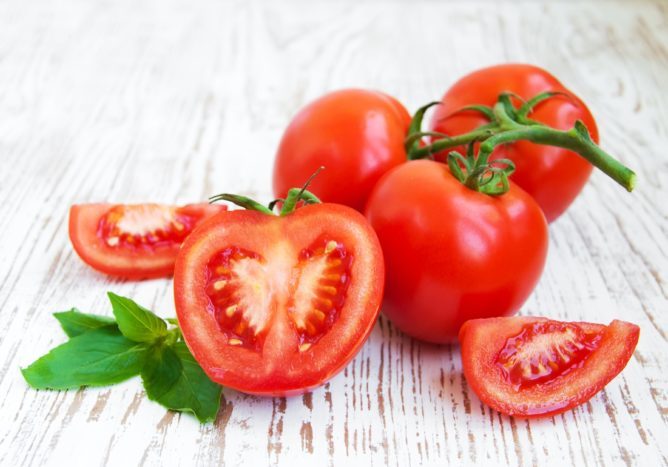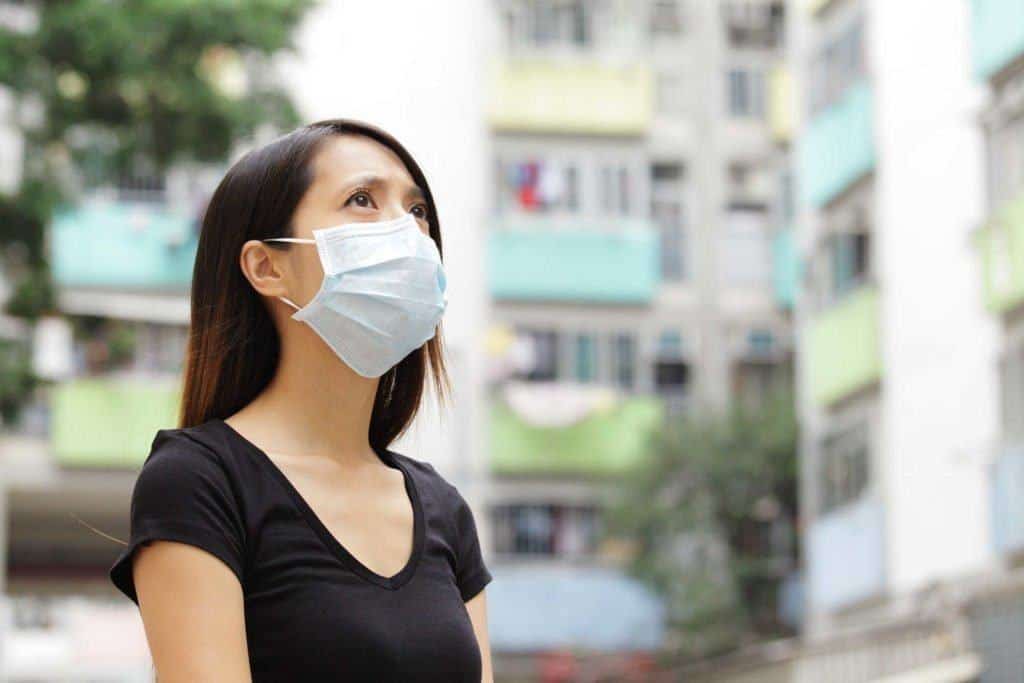Contents:
- Medical Video: Mushrooms Kill Cancer Cells : Fake or Fact ?
- Two cancer-preventing foods
- Research on shitake
- Then, is it true that tomatoes contain Can lycopene also prevent cancer?
- Problems or complications that might occur due to lycopene
Medical Video: Mushrooms Kill Cancer Cells : Fake or Fact ?
Shitake mushrooms are mushrooms originating from Asia and growing in the forest. This mushroom occupies the second position as a fungus that is often cultivated in the world for certain purposes. One reason why shitake mushrooms are cultivated is because they can be a cancer-preventing food. In addition to shitake mushrooms, there are also tomatoes that are lined up to prevent cancer. Is it true?
Two cancer-preventing foods
Shitake mushrooms are fungi that contain Lycopene, this is a compound that gives red color to tomatoes and other red vegetables. Lycopene is a fat-soluble nutrient, so oil in tomato sauce is thought to help absorb lycopene in the body.
There are several studies that say that eating shitake mushrooms and tomatoes can be a cancer-preventing food. Is this claim true?
Research on shitake
Shitake mushrooms are known to fight growth and as a cancer-preventing food, also able to boost the immune system. This fungus can also prevent heart disease, reduce cholesterol levels, and help treat infections such as hepatitis. In addition, shitake mushrooms also contain interferon and natural proteins that can stop the virus and contain compounds that are beneficial to health. Lentinan compounds contained in shitake mushrooms are believed to be able to stop and inhibit tumor growth.
Other components can reduce tumor activity and reduce the side effects of cancer treatment. Shitake mushrooms also contain eritadenine compounds which are thought to be able to lowers cholesterol in the body by blocking cholesterol when cholesterol is absorbed into the bloodstream. Opinions and expectations about the benefits and effects of this fungus are still being studied.
Research conducted on animals to find out the benefits of shitake mushrooms showed positive results, namely shitake mushrooms are anti-cancer, contain low cholesterol, and can inhibit the virus. Human studies have shown that shitake mushrooms are useful for prolonging the lives of patients with gastrointestinal cancer who are undergoing chemotherapy.
Some substances that have the potential to fight cancer are found in shitake mushrooms and these substances are being purified and investigated as a treatment for digestive cancer. Shitake mushroom and shitake mushroom supplements in supermarkets are not yet known whether it has the same benefits as fresh shitake mushrooms. Clinical trials are also still examining the extent to which shitake mushrooms are beneficial for health and can prevent cancer.
Then, is it true that tomatoes contain Can lycopene also prevent cancer?
Research shows that tomatoes can reduce pharyngeal cancer or larynx, oral cancer, and prostate cancer. The consumption of high amounts of gumenoids has benefits for reducing the number of cancers in the body including lung cancer, stomach, cervix, breast, pancreas, large intestine, rectum, and esophagus. However, the evidence shows a direct relationship between tomatoes and protection against cancer is still not proven.
The strongest evidence is shown by the protection of lycopene in the fight against lung, stomach and prostate cancer. Lycopene can also help protect the body from cancer of the cervix, breast, mouth, pancreas, esophagus, large intestine and rectum.
Several observational epidemiological studies have found that cancer-preventing foods containing high lycopene can reduce the risk of prostate cancer, but this benefit does not apply to tomato processed products.
Several experiments conducted on animals showed that lycopene was able to prevent and treat cancer. Long-term intake of lycopene also suppresses the growth of breast cancer in mice. Unfortunately, breast cancer that attacks humans is not the same as that which attacks mice, and the benefits obtained by humans are not the same as the benefits obtained in mice.
Problems or complications that might occur due to lycopene
Some people experience diarrhea and bloating after eating shitake mushrooms even though this is very rare. People who are allergic to shitake mushrooms can experience harmful effects on the skin, nose, throat and lungs.
Lycopene can be obtained from fruits and vegetables, and has no side effects so it is considered safe for humans. While the side effects of lycopene supplements are not fully known. Patients taking tomato supplements and rich in lycopene in more than fifteen milligrams will experience some intestinal side effects such as nausea, vomiting, diarrhea, indigestion, and bloating. If supplements are consumed in the long term and in large quantities, this will cause the skin to turn orange.
Supplements containing antioxidants such as lycopene can interfere with radiation therapy and chemotherapy if taken during cancer treatment. Although research on disorders caused by lycopene has not been carried out in people who are undergoing treatment, antioxidants are known to prevent the harmful effects of free radicals. This lycopene disrupts the chemotherapy process in destroying cancer cells. But eating fruits and vegetables that contain high levels of antioxidants is considered safe during treatment. Consult your doctor first if you want to consume supplements containing lycopene.















